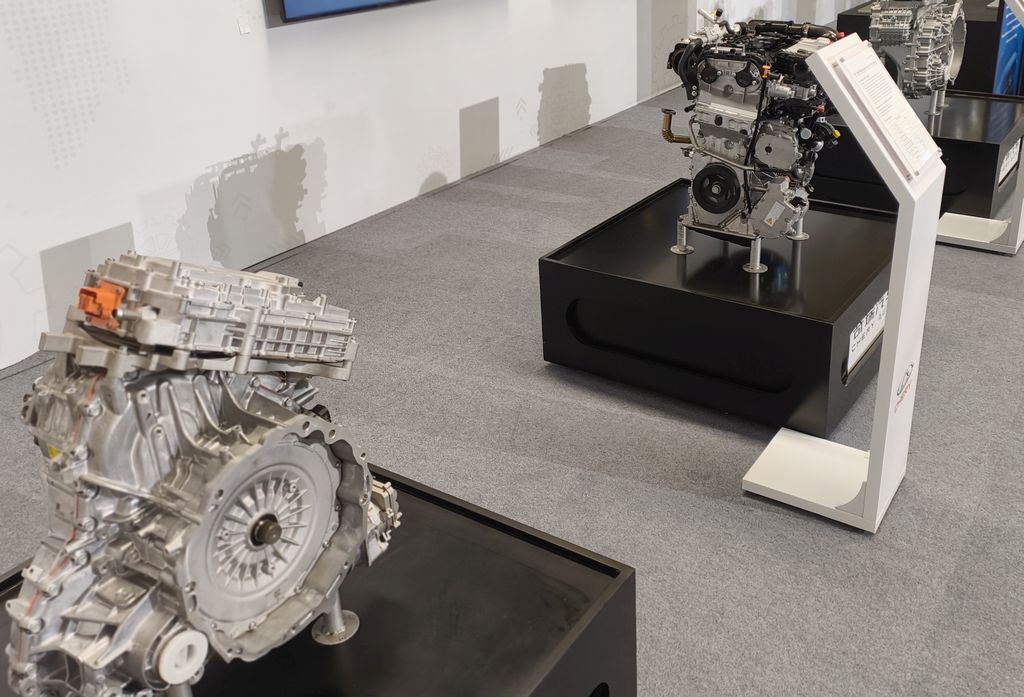China's carmakers to pay suppliers on time as price war curb
By BLOOMBERG | 12 June 2025
HONG KONG: Several of China's state-owned automakers have pledged to standardise bill payment periods for their suppliers to 60 days after authorities raised concerns about supply chain financing, a move designed to curb a negative pricing spiral.
At least three carmakers, including Dongfeng Motor Group Co., Guangzhou Automobile Group Co. and China FAW Group Co. issued similar statements on Tuesday saying their payment plans are aimed at promoting efficient capital flows across supply chains in the automotive industry.
Electric vehicle market leader BYD Co. joined those peers on Wednesday with a statement saying it will conform to the 60-day payment period.
Chinese carmakers, embroiled in a domestic price war, have been seeking lower-cost components and delaying payments to suppliers by months, creating a form of quasi-debt financing.
Regulators including the Ministry for Industry and Information Technology last week addressed the issue of supply chain financing with the heads of major electric vehicle manufacturers on concerns the price war was becoming unsustainable.
Chinese authorities issued new rules in March to protect small and medium enterprises, stipulating that bills should be paid within 60 days — the industry norm — and that large firms shouldn't force smaller businesses to accept non-cash payments such as promissory notes or use these methods to delay payments.
The regulations will take effect in June.
Supply chain financing is common in the auto industry. BYD, China's best-selling car brand, has a promissory note system called Dilian, or Dilink in English, that it uses as a form of payment to its suppliers and can be redeemed at a later time.
The platform had issued 400 billion yuan (RM236bil) worth of notes as of May 2023, the last time that BYD disclosed such information.
BYD took an average of 275 days to pay suppliers in 2023, Bloomberg compiled data show.
A report by accounting consultancy GMT Research puts BYD's true net debt at closer to 323 billion yuan (RM190bil), compared with the 27.7 billion yuan (RM16.3bil) listed on its books as of the end of June 2024, through delaying its payments to suppliers and other related financing.
Tags
Autos News
Reviews

First drive with the 2025 Hyundai Tuscon and Santa Fe: Seoul...

5.8
Kymco AK550 Premium: Smart easy rider

BYD Seal 6 Premium: Sweet deal, generous kit, sensible prici...

8.7
Mazda CX-80 2.5G PHEV AWD High Plus: Upmarket upgrade

Proton X50 Flagship: Tuned for success

6.6
Triumph Trident 660: Beautifully balanced package

8.4
Mercedes-AMG GLA 35 4Matic: Never a dull moment

Lamborghini Urus SE: Ultimate control
Videos

Free & Easy Media Test: Latest Proton X50 Flagship to Kuanta...

Zeekr Space Sunway City Video

Honda Civic Type R Ultimate Edition: Last 40 Units for Europ...
